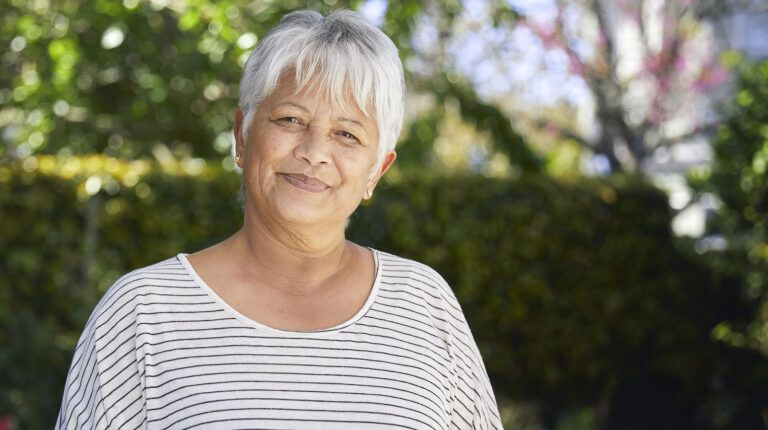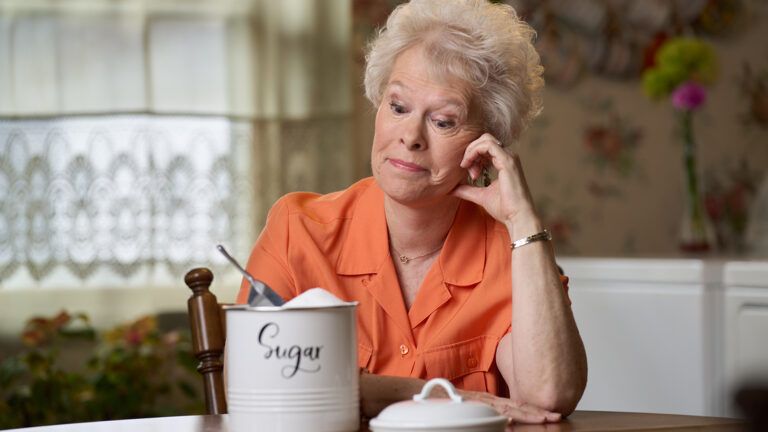Lori Durham is not the only person to discover that retirement is a far cry from what she’d envisioned. In fact, for many, the idea of retiring at age 65 and spending time golfing and visiting the grandchildren is a thing of the past. According to a 2017 Gallup poll, 74 percent of Americans say they plan to work, either part-time or full-time, past regular retirement age. Some, like Durham, find that circumstances have upended their plans; others realize they need more money or long for more meaning and social interaction in their lives. Here’s how to rethink retirement:
Secure a flexible, fulfilling retirement job. Looking for a low-stress way to connect with others? Consider working as a retail salesperson; you can often find a store centered on your passions or hobbies. Or pursue work as a clergy or counselor; an Urban Institute study found that these jobs were among the most enjoyable occupations for people age 62 and older.
Become a professional caregiver. Many retirees find that the meaningful work, on-the-job training and flexible scheduling make this an attractive option. No wonder personal aide jobs are projected to grow by 34 percent between 2019 and 2029. The Home Instead franchise network is the world’s largest provider of home-care services for older adults. Visit homeinstead.com/home-care-jobs to find out more information.
Volunteer. Some retirees feel a loss of purpose. But more than 90 percent of seniors who volunteer report feeling healthier and happier than those who don’t, according to a Home Instead survey. The survey also noted that 75 percent of U.S. seniors find that staying active through volunteering helps them manage conditions like diabetes, arthritis or dementia.
Mentor others. Guiding a young person through an ongoing relationship has a host of benefits. Kids are more likely to go to college and avoid drugs and alcohol, and seniors report improved self-esteem and greater connection to their community. Visit mentoring.org or seniorcorps.gov to become a “foster grandparent” to at-risk youth.
Keep the faith. Join a faith organization or support group to keep your morale up and make new friends. Experts believe that older people who have a relationship with a higher power have better health because being closer to God helps them stay more optimistic.
For more on making the most of your retirement, go to unretireyourself.com.
Read more: Suddenly She Was a Sandwich Generation Caregiver
For more inspiring stories, subscribe to Guideposts magazine.






